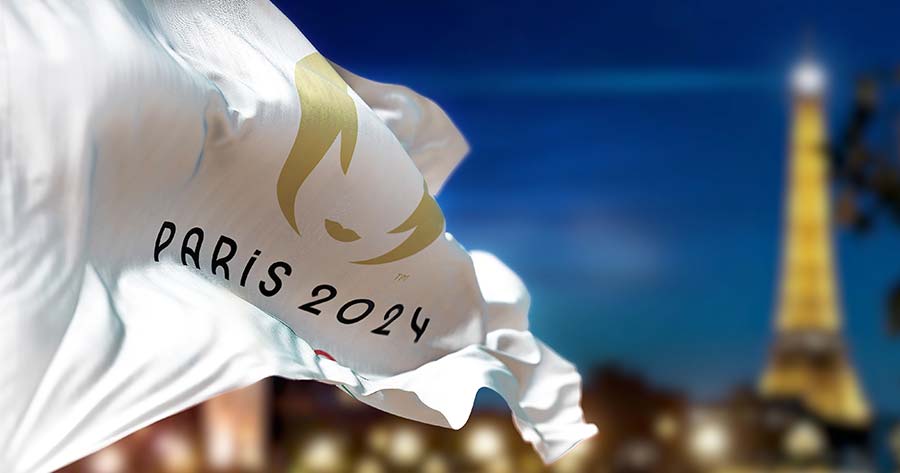Emmanuel Macron’s unexpected decision to call for snap elections has raised concerns about its implications for the Paris Olympics 2024, potentially leading to political turmoil and the rise of a far-right government during the world’s largest sporting event.
Scheduled to take place from July 26 to August 11, the Paris Summer Olympics 2024 will feature a total of 329 events, with approximately 10,500 athletes representing 184 countries.
Following a first round of voting on Sunday, the anti-immigrant National Rally (RN) emerged as the frontrunner in high-stakes elections, signaling the possibility of a far-right administration in France for the first time since World War II. Marine Le Pen, the party’s leader, is rallying support to secure a majority in the National Assembly, potentially leading to power-sharing with Jordan Bardella, the National Rally’s designated Prime Minister.
Alternatively, predictions suggest a scenario of a hung parliament, where no coalition attains a majority, posing a risk of political gridlock in France, the second-largest economy in the European Union and a prominent military power.
In response to the far-right surge, a rally was organized in Paris by unions, independent media, and citizen groups to back the left-wing alliance and oppose the ascent of the far-right in the forthcoming second round of parliamentary elections.
Thousands gathered in Paris to demonstrate against the results of the initial round of French legislative elections after the National Rally secured the highest number of votes. The diverse coalition of unions, media outlets, and citizen organizations behind the protest calls on voters to resist the rise of the far right in the upcoming elections.
There are apprehensions that a victory for the far-right could lead to restrictions on civil liberties, given the National Rally’s track record of xenophobic and antisemitic tendencies.
To prevent the National Rally from securing a 289-seat majority, the left-wing New Popular Front (NFP) coalition, along with President Macron’s Ensemble party, have forged an alliance. They have announced plans to withdraw their candidates who finished third in certain constituencies to consolidate support behind stronger contenders opposed to the National Rally in the upcoming vote.
Furthermore, security experts had already highlighted the significant policing challenges anticipated during the Olympics’ opening ceremony, where thousands of athletes will parade along the River Seine, expected to be watched by around 300,000 spectators lining the banks. Should anti-National Rally protesters take to the streets, the pressure on security services is likely to intensify.





